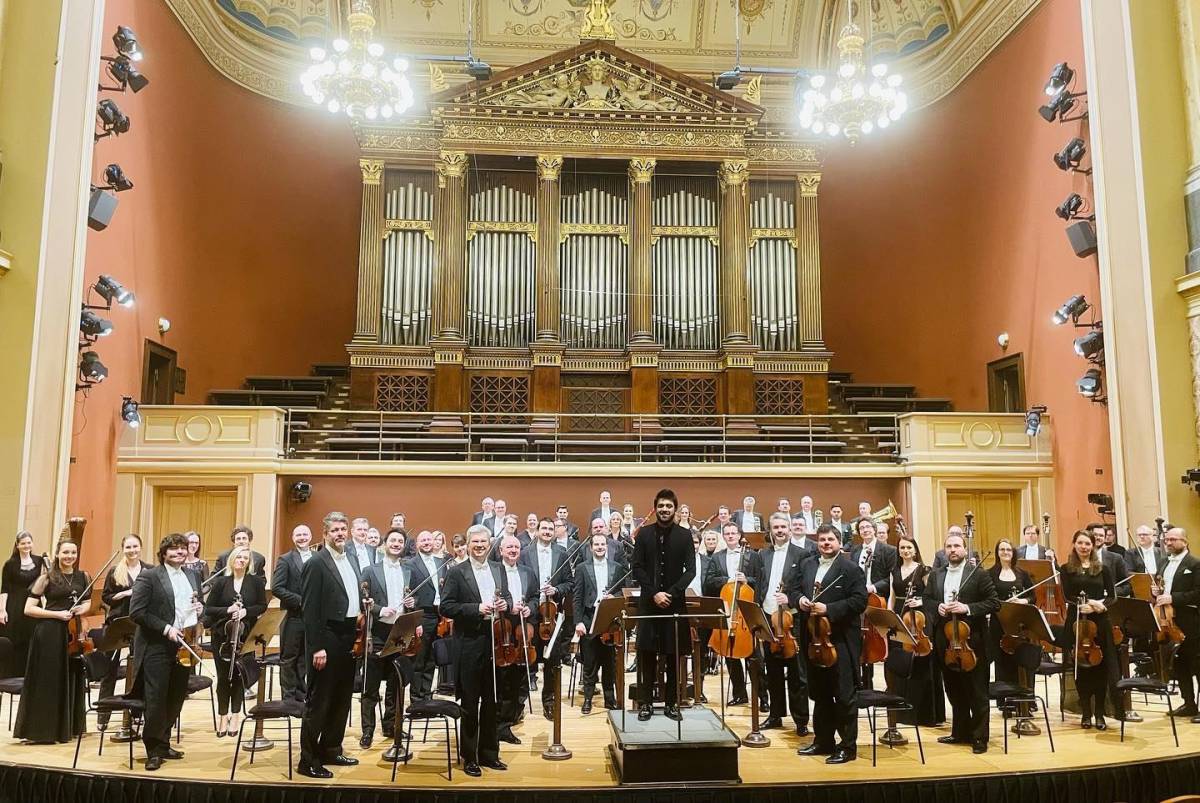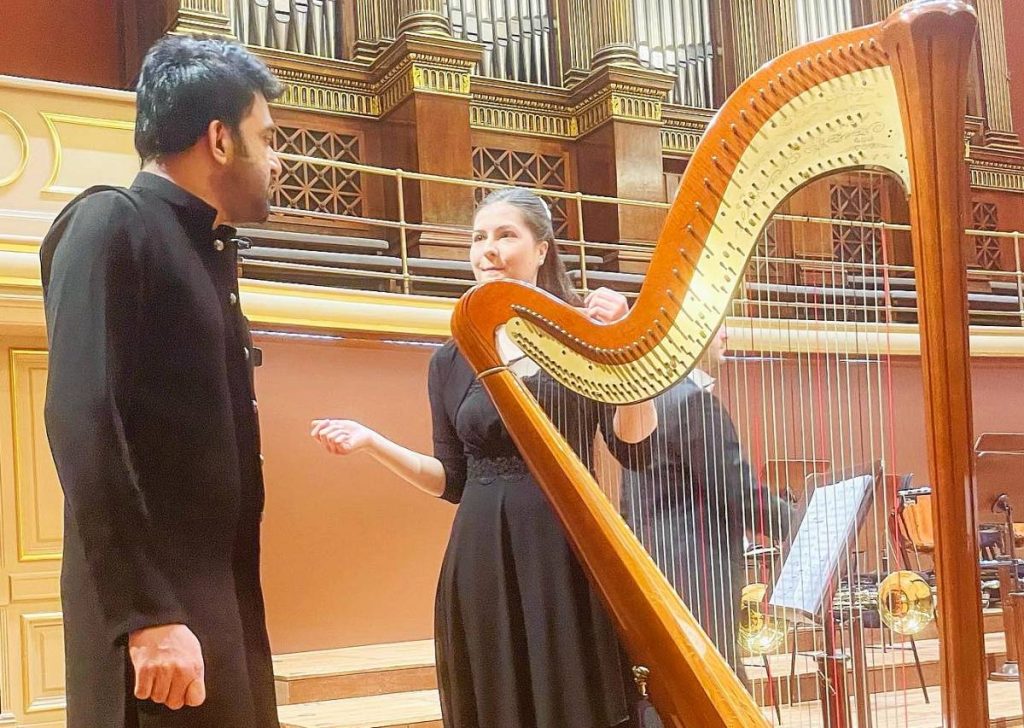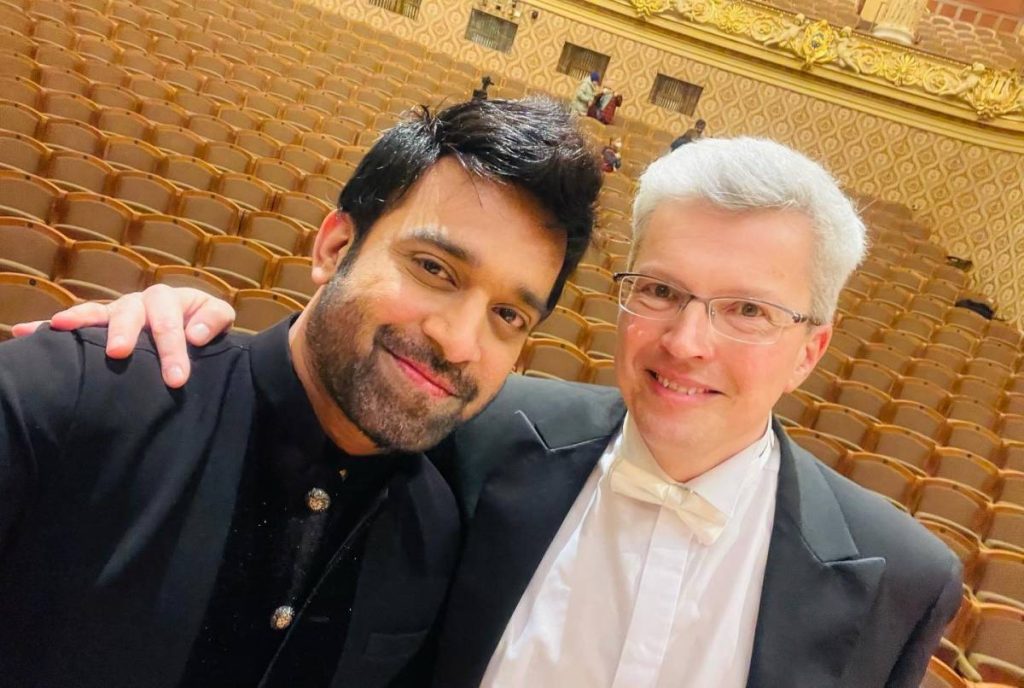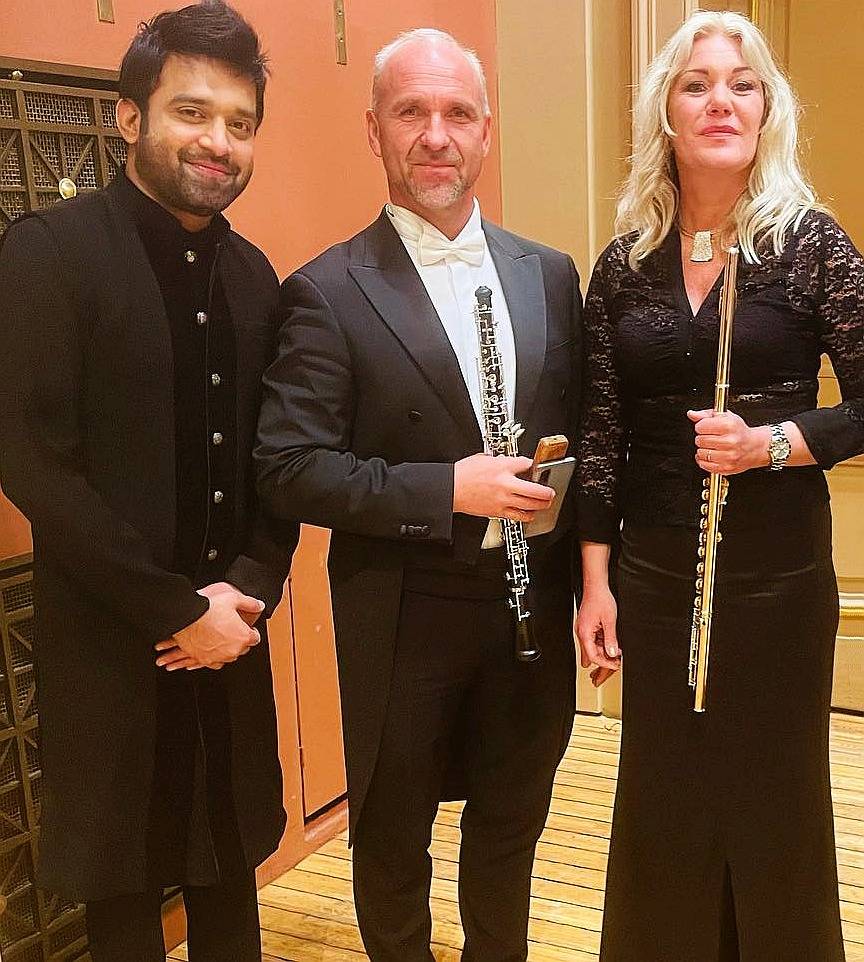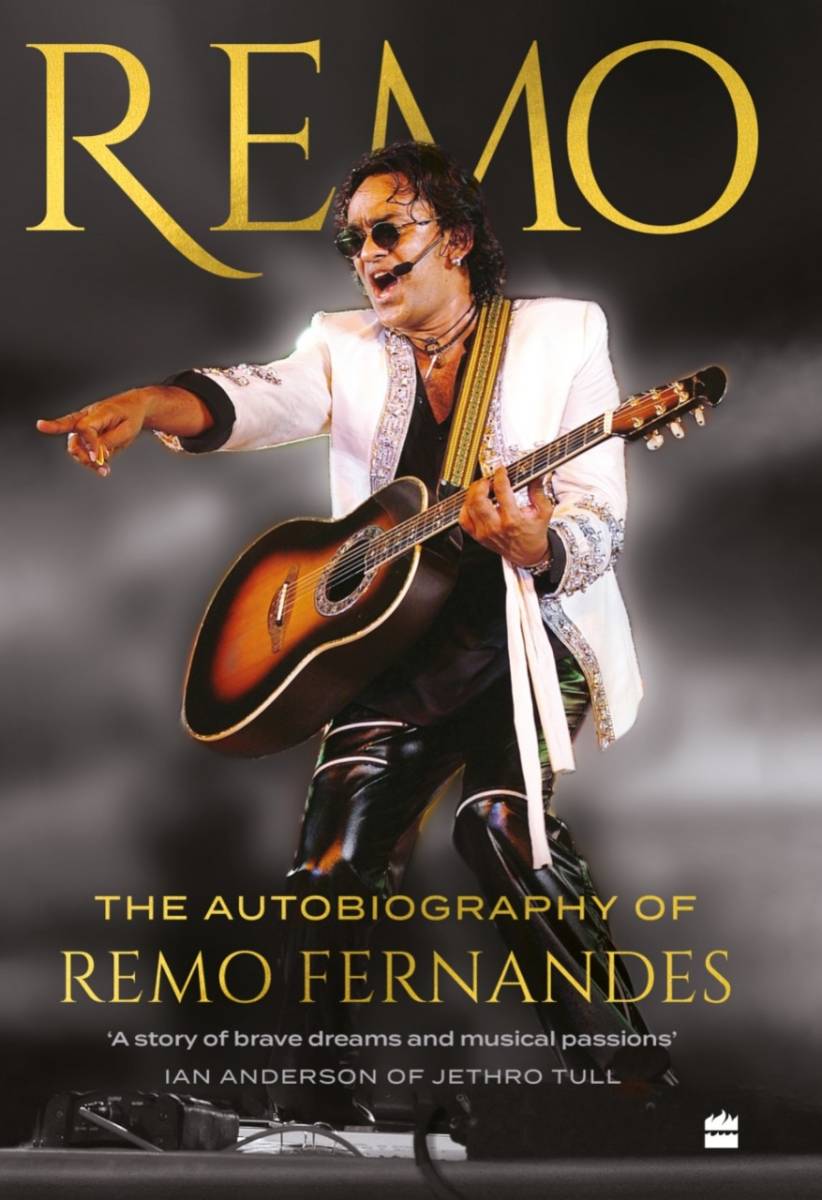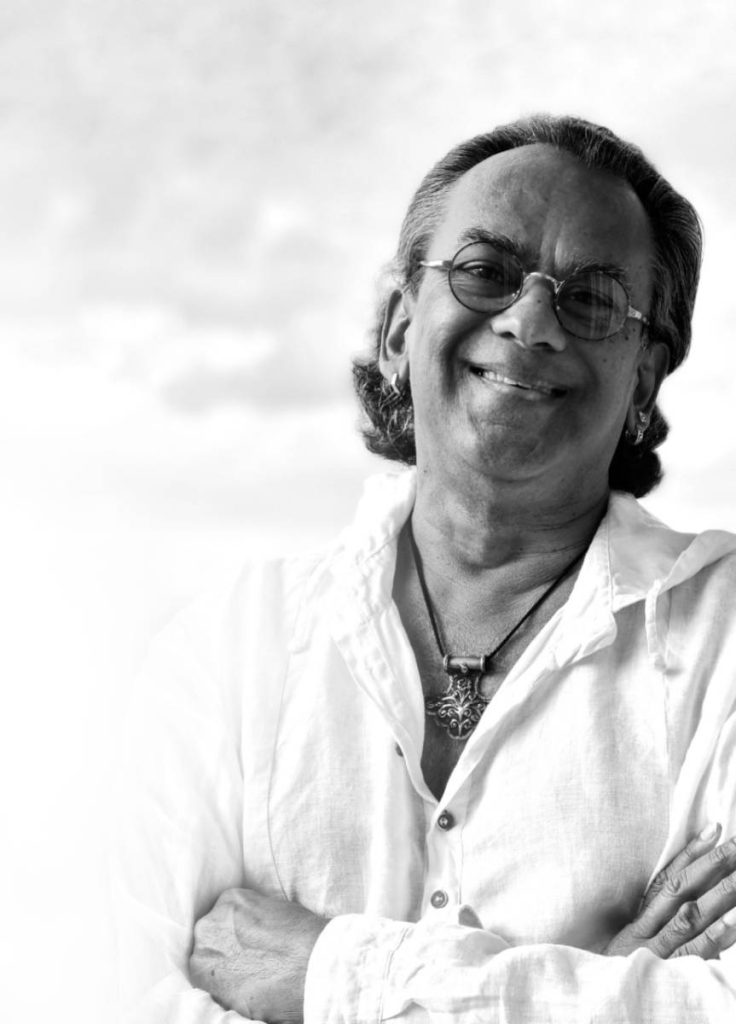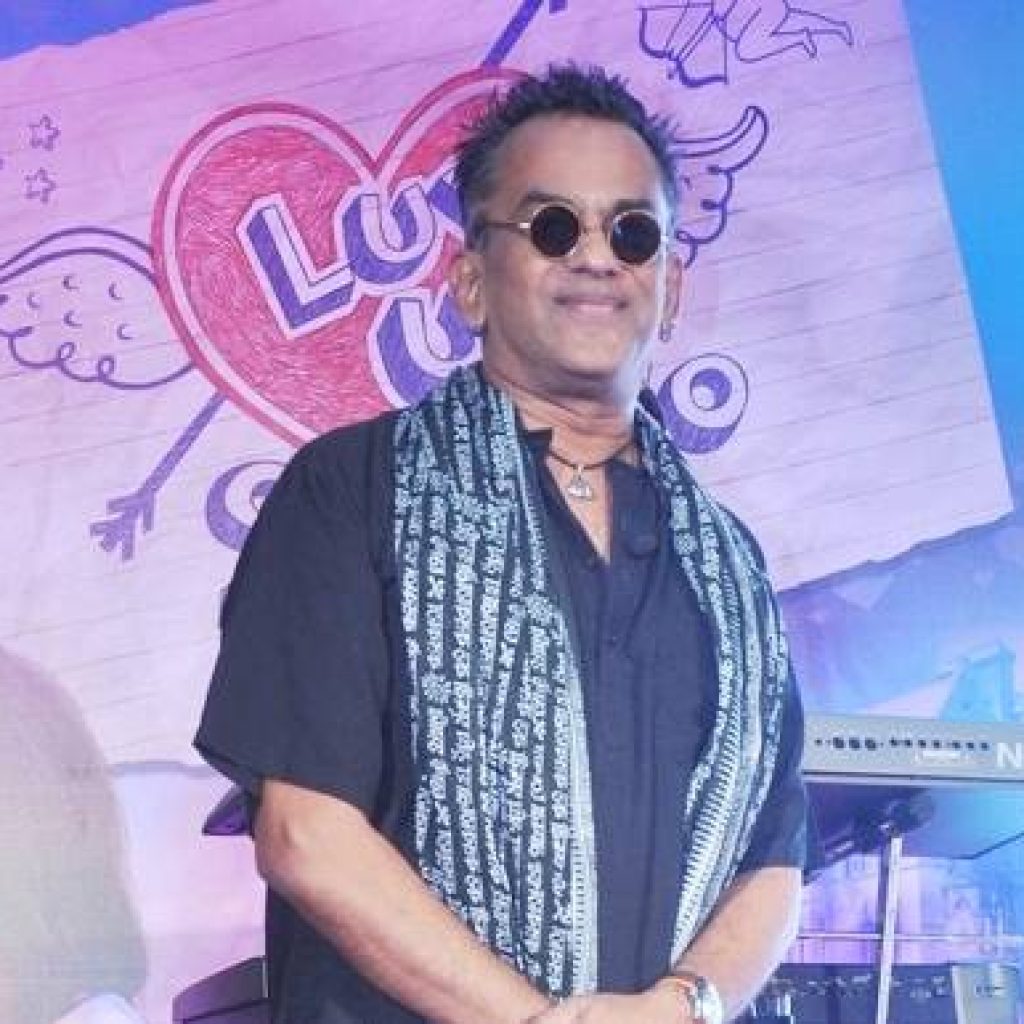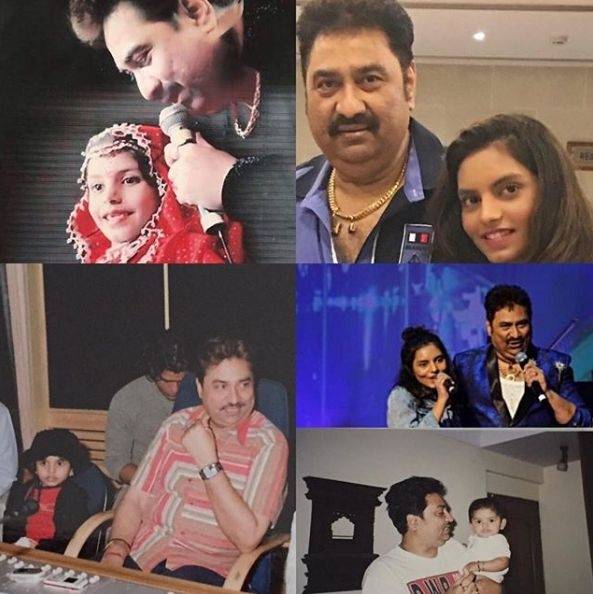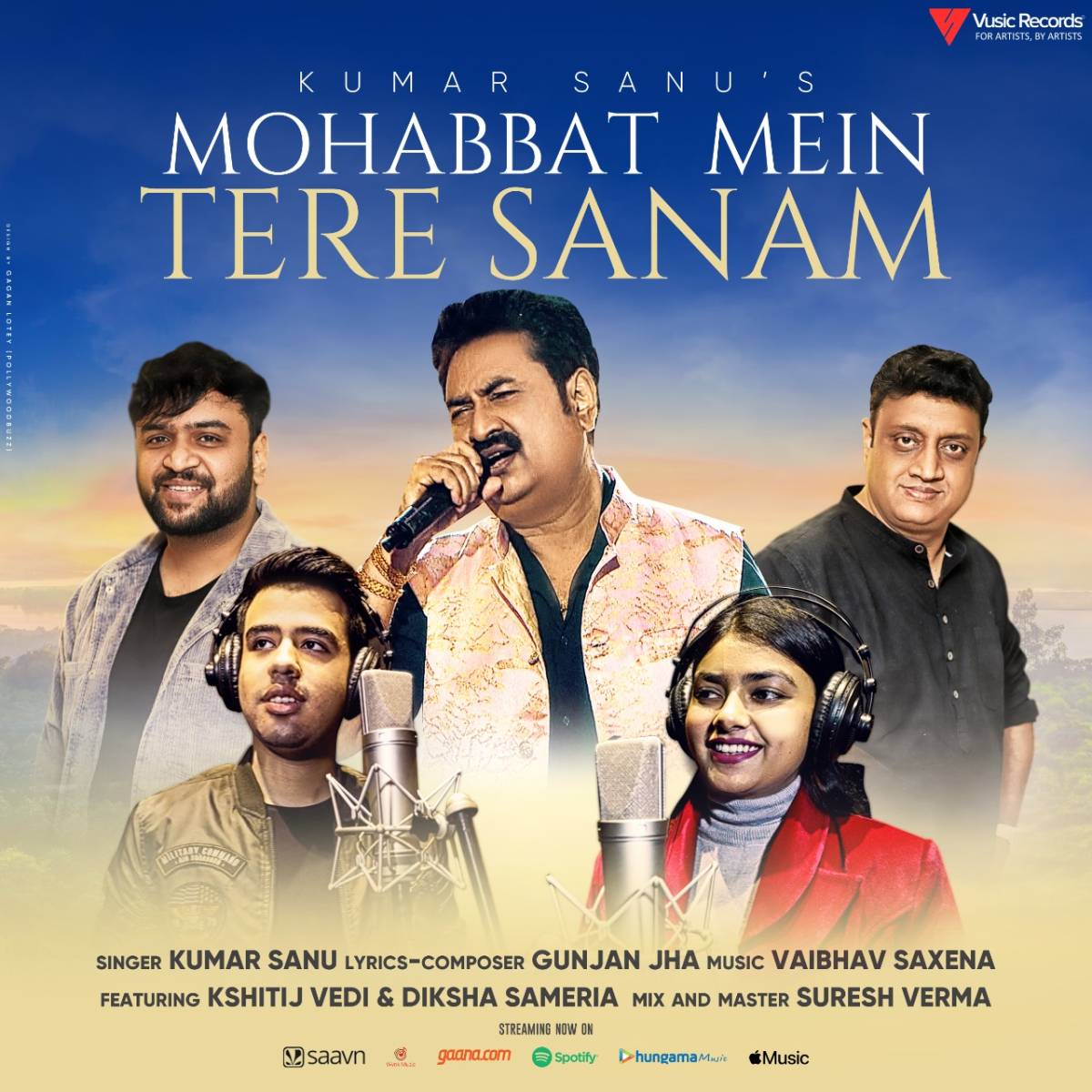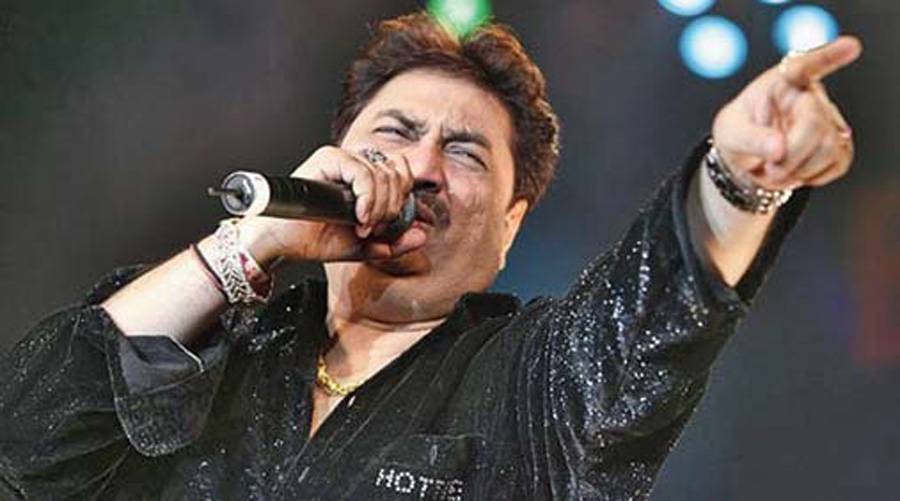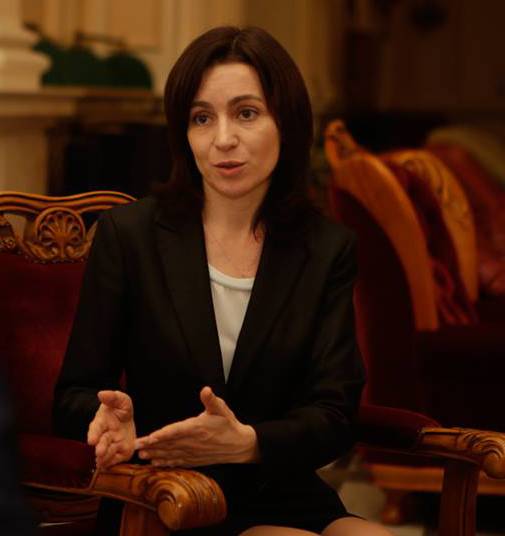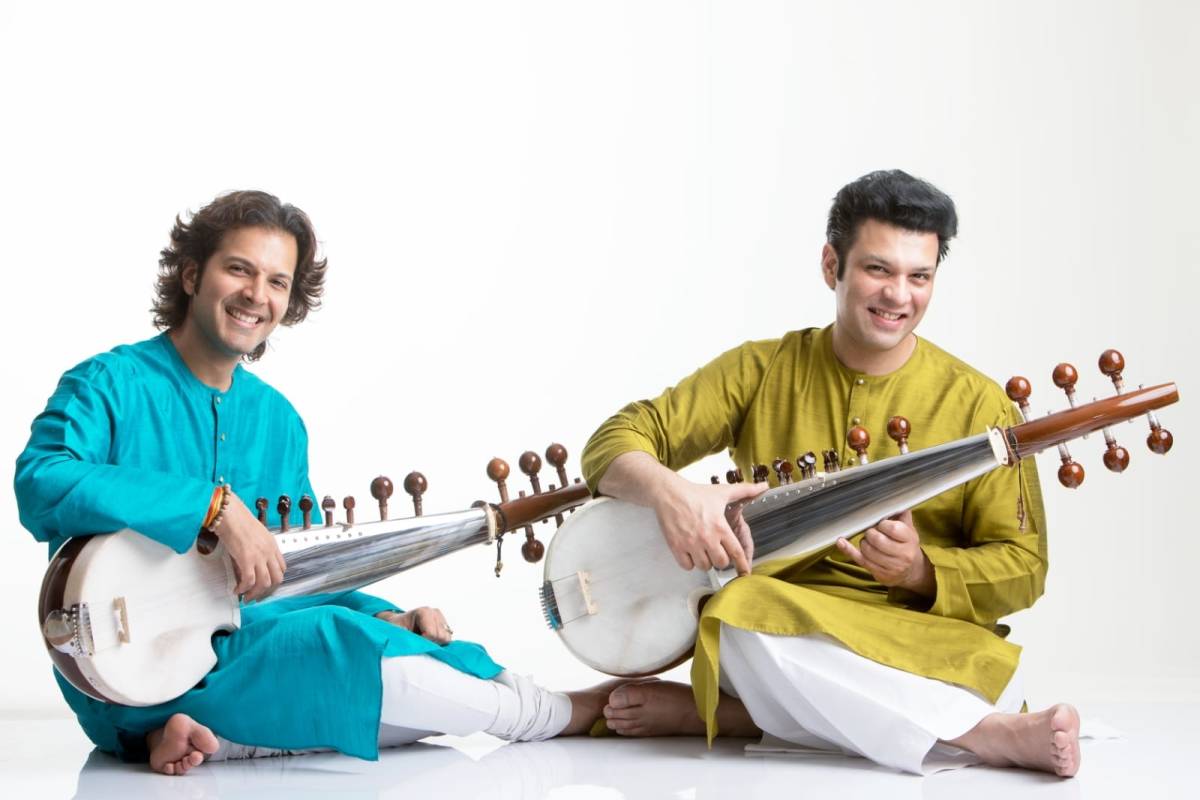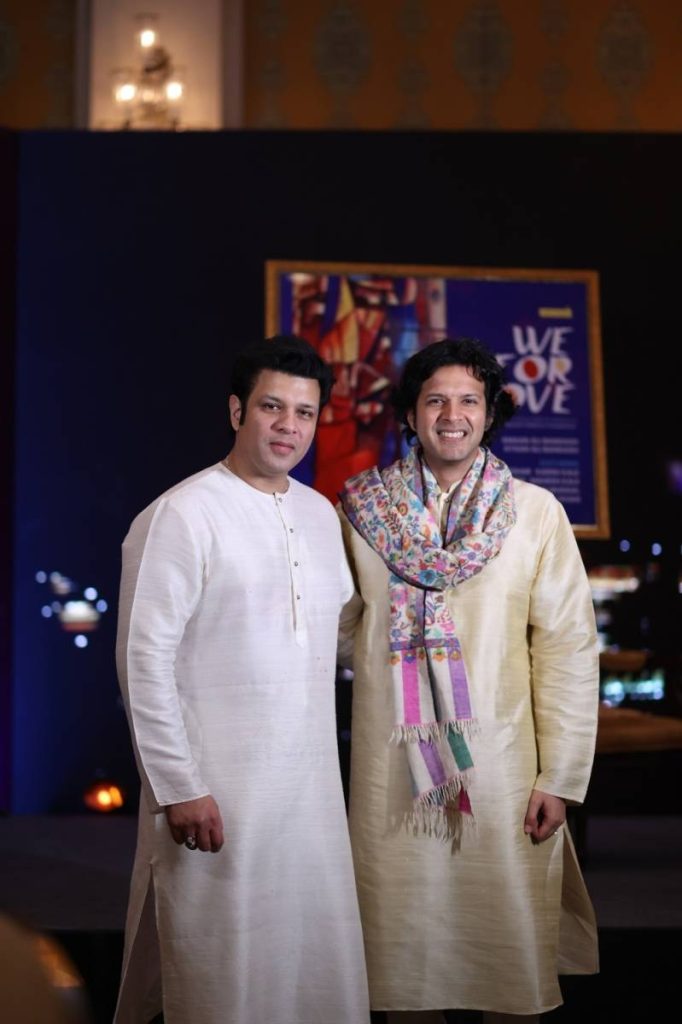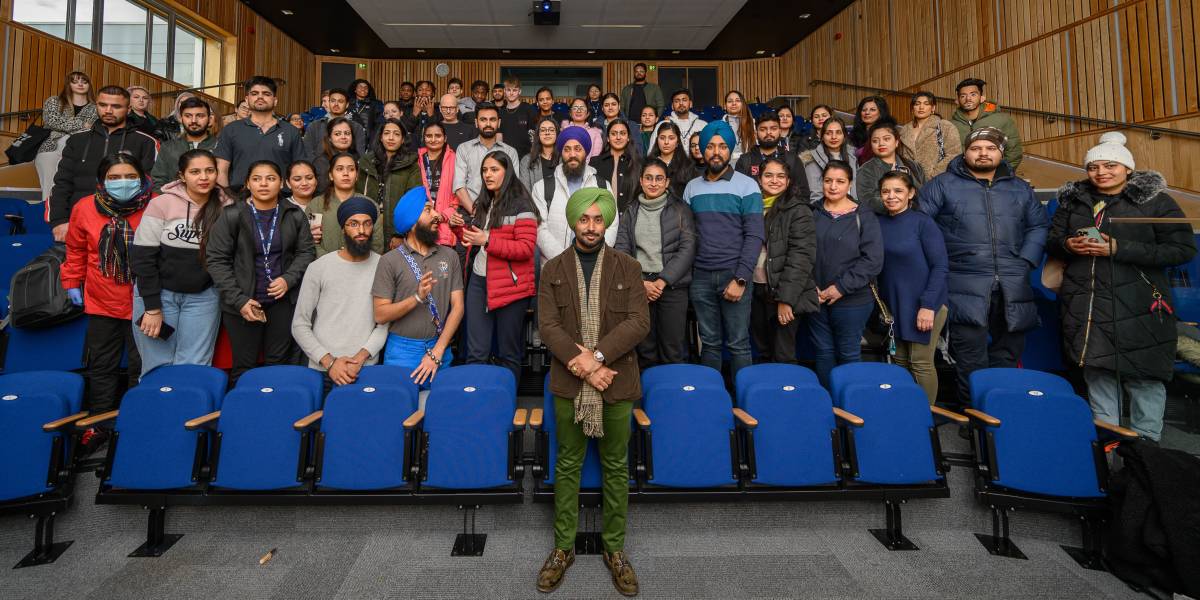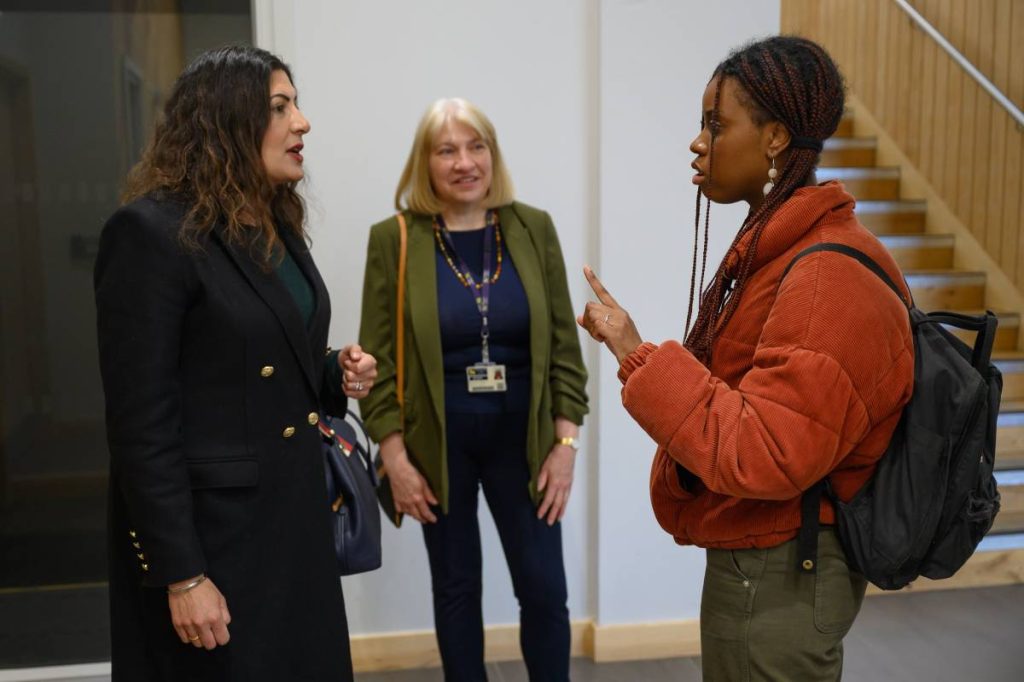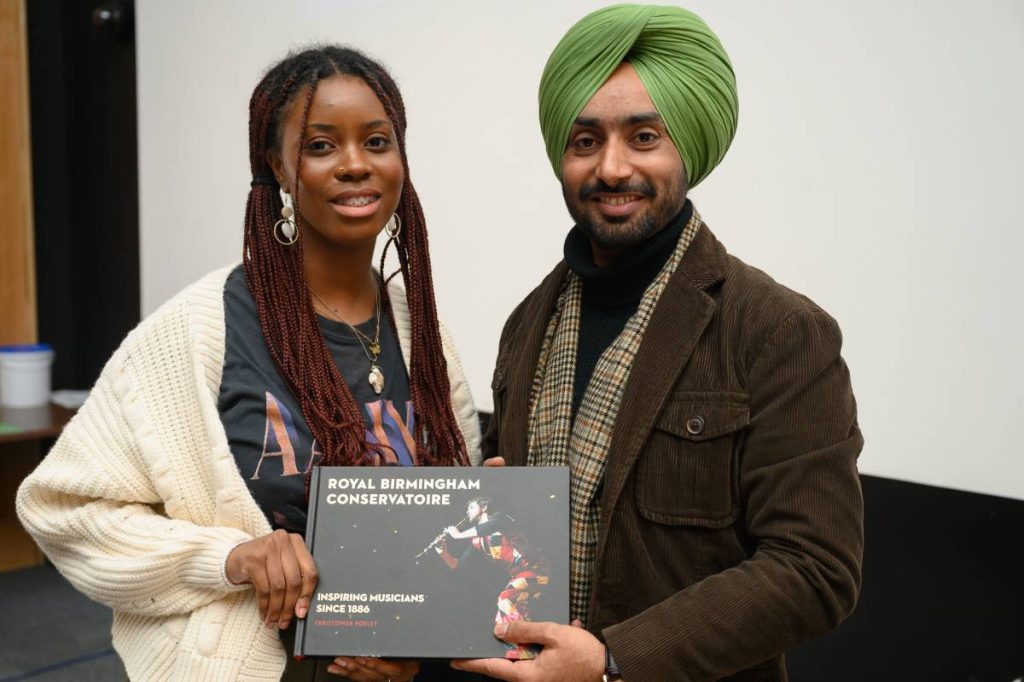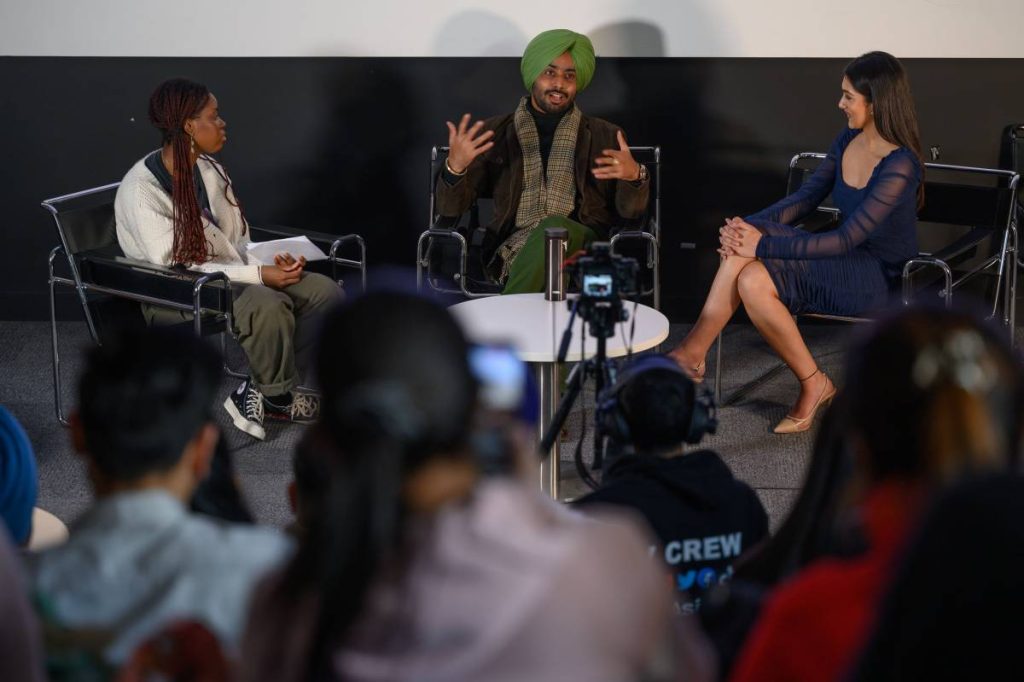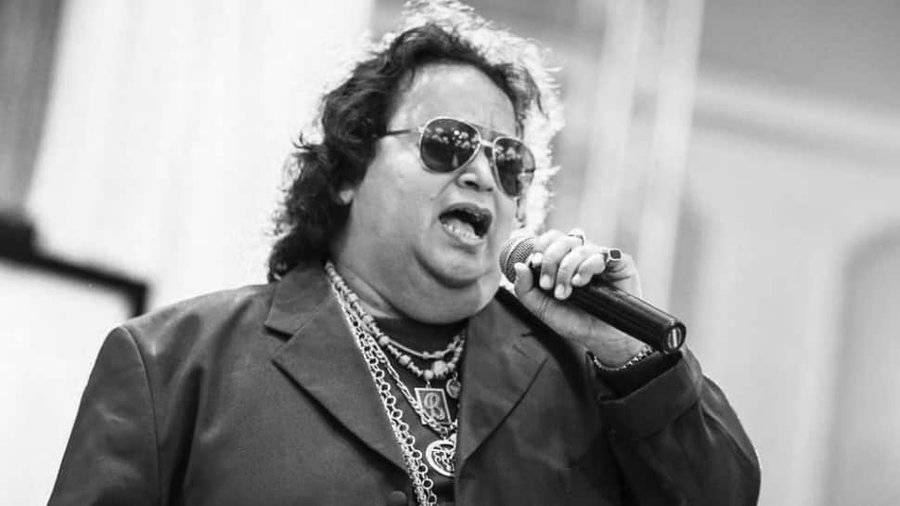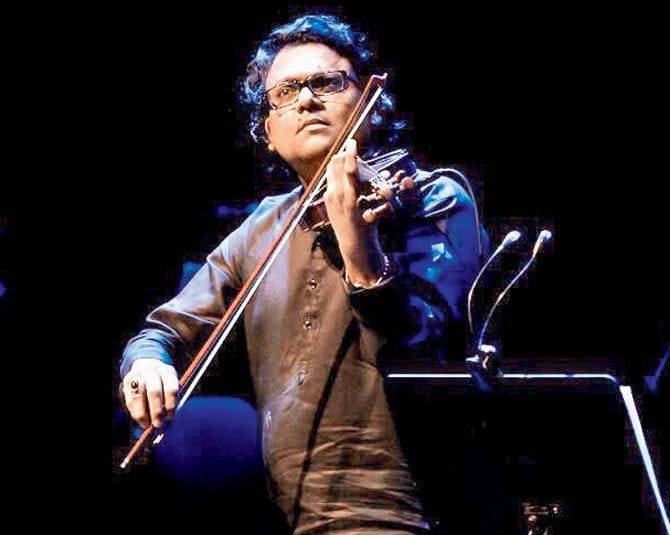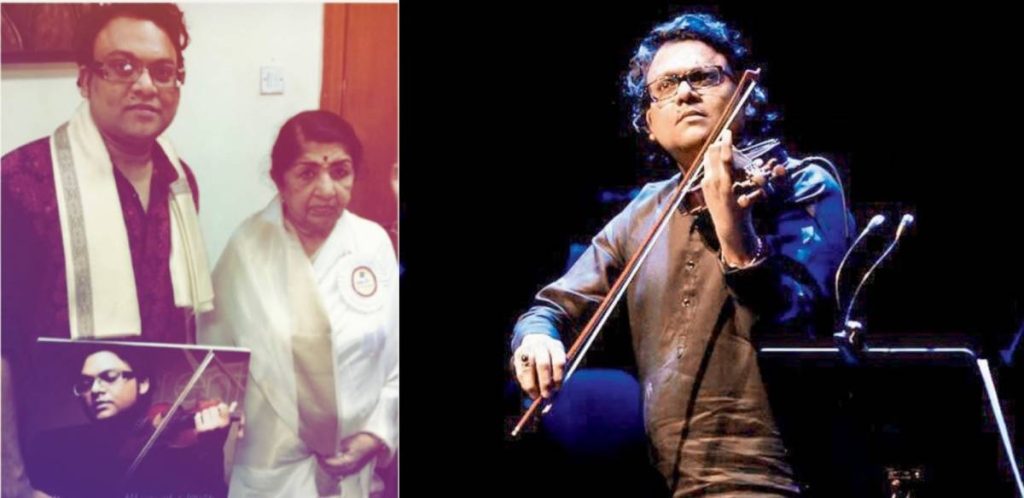Beethoven’s Ninth Symphony has since been adopted as the official anthem of the European Union…writes Dilip Roy
The three main German artists who came under the spell of Indian philosophy are Beethoven, Goethe and Wagner of course there are others too but these three are considered important.
Ludwig van Beethoven (1770–1827) a musical genius of 19th century Romantic Germany was among them to have been influenced by Hindu philosophy, for Beethoven to leave his mark upon the world, he accepted the persuasion of the Bhagavad Gita.
“Let not thy life be spent on inaction. Depend upon application, perform thy duty, abandon all thought of the consequence, and make the event equal, whether it terminate in good or evil for such an equality is called Yog attention to what is spiritual.”
Beethoven also copied into his diary (Tagebuch) are extracts from Vedic Hymn to Narayana, with its appeal to the supreme deity to raise the poet’s soul to heights of ecstasy: thus Beethoven chose art over life precisely because, for him, art provided plentiful compensations and hereafter that were unavailable by other means. Music, though its creation required great sacrifices, was not a burden. Beethoven’s erudition may be somewhat more apparent in the literature of the Freemasons of the time.
Still, the range of Beethoven’s references were extensive to the mystery religions of the East and Mediterranean is impressive touching on Brahmanic-Indian and Bacchic-Dionysian Greek. That may be why some of his diary entries, along with references to exotic and Eastern religions in his correspondence and conversation books can be read as chronicles and Beethoven’s most affecting outcries in his diary is a sign of a convert’s struggle to be relieved of the sin of his striving for righteousness.
Excerpts from Brahmanic theology that Beethoven copied in his diary in 1815 state, “Brahma, His spirit is enwrapped in Himself, He the Mighty One, is present in every part of space, You sustain all things, Sun, ether, Brahma.” Ultimately, in the finale of the Ninth Symphony, Schiller’s text combines cosmological imagery with strivings for the improbable rewards of infinity. In a confessional diary-like Beethoven’s one might well expect to find evidence of a revelation and concealment and in one entry Beethoven observes that evil is ‘easier to endure when it is shared with others. Masonic cast I another entry in his diary which explicitly refers to silence as a condition for the initiation into the mystery of Brahmanic religion.
“Five years of silence is required for future Brahmans,” thereby showing his lively interest in initiation practices o the Hindus and Brahmans that preoccupied serious Freemasons of the time. Beethoven sought that cleansing aspired to the chief attribute of Brahma. “Free from all passion and desire, that is the Mighty One.” He adopted the Bhagavad Gita’s definition of a ‘blessed’ man, as one “who having subdued all his passions performeth with his active faculties all the functions of life.”
Beethoven’s entries in his diary seem to have excerpted from a single source a Masonic article or monograph on Brahma Mysteries, and that he describes as having been drawn “from Indian literature “ he writes about India’s cultural past. This deity called Brahma has no source other than “He is unique unto himself, and it is to this singularity that all things owe their existence,” and from a commentary on the Rig Veda, He the Mighty One, is present in every form. In another Veda-like effusion transcribed by Beethoven, God is said to be invisible and beyond conception, from which we may that He is eternal, omnipresent, knowing all things and present everywhere thus Beethoven’s thought manifested in his powerful attraction to Indian theology which comes into fruition in his Ninth Symphony’s “Ode to Joy.”
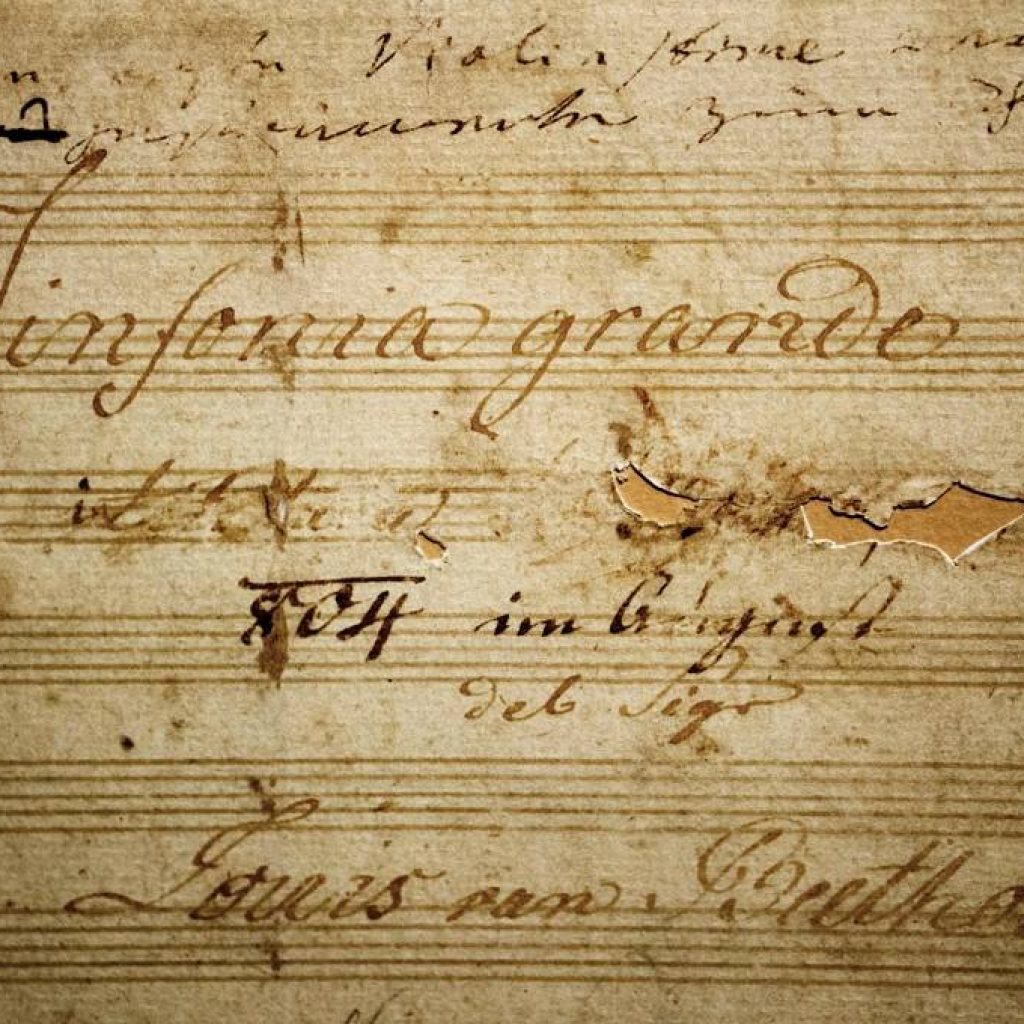
Richard Wagner was another nineteenth-century German giant who was also influenced by Indian philosophy. Wagner’s devotion to Beethoven goes back to his teenage years and during his early musical studies he made a piano transcription of the 9th Symphony, and in his autobiography (My Life) he claims that the Symphony “became the mystical journey of all my fantastic musical thoughts and aspirations.” Wagner also paid a special tribute to Beethoven by writing an essay called “Pilgrimage to Beethoven.” The Bayreuth Festival was founded by the composer Richard Wagner as a showcase for his own works of music drama. However, the first piece of music at the Festival was a performance of Beethoven’s 9th Symphony which Wagner himself conducted at a ceremony in1872.
Beethoven’s Ninth Symphony has since been adopted as the official anthem of the European Union.


